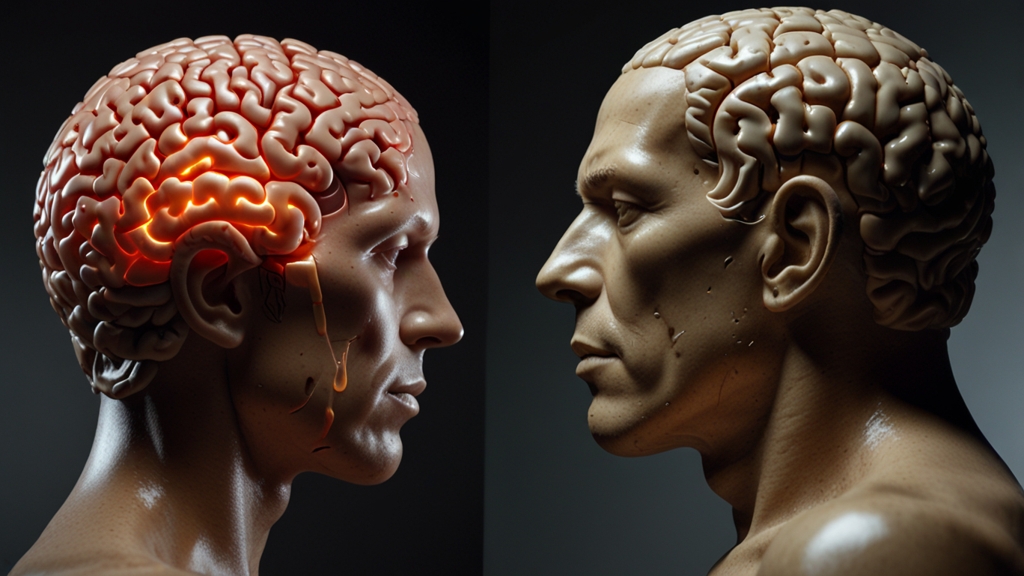From Prophecy to Reality: How Revelation Shapes Our World
Throughout history, revelations—whether religious, ideological, or scientific—have served as transformative forces, altering the course of events and influencing societies across the globe. The concept of revelation suggests uncovering previously unknown information that often carries profound implications. This article delves into how various forms of revelation have historically impacted the world and continue to shape our present and future.
Religious Revelations
Religious revelations have historically had the most profound and far-reaching effects. From the prophecies in the Bible and the Quran to the visions of various prophets and saints, these revelations have guided the moral and ethical frameworks of civilizations. Christianity, Islam, Hinduism, and other major religious traditions have foundational texts believed to be divinely inspired. These texts not only provide spiritual guidance but have also influenced laws, social norms, and governance.
"The revelation of Jesus Christ, which God gave him to show to his servants the things that must soon take place. He made it known by sending his angel to his servant John" - Revelation 1:1
This verse from the Bible highlights the significance of divine revelation. The Book of Revelation, attributed to the Apostle John, is one of the most studied and interpreted prophetic works in Christian theology. Its impact extends beyond spirituality, affecting arts, literature, and even political thought.
Scientific Revelations
In contrast to religious revelations, scientific revelations occur through systematic investigation and empirical evidence. The revelations brought forth by scientific discoveries have revolutionized our understanding of the universe and life on Earth. For instance, the Copernican Revolution shifted the view of Earth being the center of the universe, fundamentally altering astronomical science and philosophy.
"Eureka! - I have found it!" - Archimedes
Archimedes' exclamation is one of the most famous instances of scientific revelation. From the revolutionary theory of evolution by Charles Darwin to the game-changing general theory of relativity by Albert Einstein, these discoveries have not only provided insights but have also fueled technological advancements and societal progress.
Ideological Revelations
On a different plane, ideological revelations have driven social, political, and economic change. The Enlightenment period in the 18th century, often referred to as the Age of Reason, was marked by the revelation of ideas centered on reason, liberty, and the separation of church and state. These ideas significantly influenced revolutionary movements, including the American and French Revolutions.
Similarly, the revelation of the communist ideology by Karl Marx and Friedrich Engels in "The Communist Manifesto" had far-reaching effects. It spurred political movements worldwide, leading to the establishment of communist states and stirring debates on economic and social issues.
The Role of Modern Revelations
In the contemporary world, new forms of revelation often emerge through technological advancements and data analytics. The digital age has unveiled unprecedented access to information, leading to revelations about privacy, surveillance, and artificial intelligence. These technological revelations pose new ethical and philosophical questions, urging societies to adapt to rapid changes.
Moreover, global issues like climate change bring about revelations with potentially existential consequences. Scientific data revealing the impacts of human activities on the environment have led to global movements advocating for sustainable practices and policies.
Conclusion
From religious prophecies to scientific discoveries and ideological shifts, revelations have continuously shaped our world. They challenge existing paradigms, offer new perspectives, and often herald significant transitions in human history. As we stand on the brink of further technological and scientific advancements, the revelations of today will undoubtedly influence the societies of tomorrow.
"Revelation does not change the fact that our problems are reversible; it only changes our perspective on them." - James A. Baldwin
As Baldwin aptly notes, the true power of revelation lies in its ability to transform our understanding and motivate action. By recognizing and embracing the insights revealed to us, we can navigate the complexities of our world and work towards a more enlightened future.








